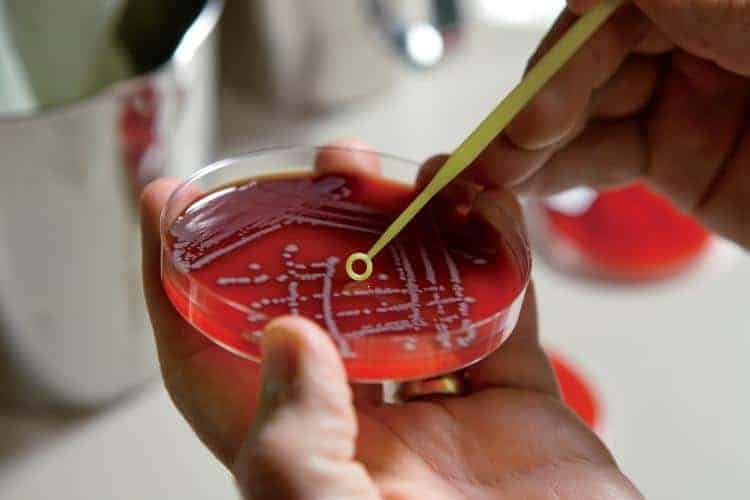Calling all science whiz-kids! A career in Biotechnology Systems may have been under your microscope all along.
This career pathway is becoming increasingly important in the field of agriculture, and the job opportunities are expanding every day. One popular field within Biotechnology Systems involves genetically engineering plants to enhance them in a variety of ways. For example, it is possible to make plants more nutritious, larger and more resistant to extreme weather.
Individuals choosing this pathway may also work to alter the amount of chemicals necessary for successful crop production. The renewable fuels industry also contributes to the field of biotechnology, as the United States seeks methods of creating fuel from agricultural byproducts and crops including switchgrass, canola, corn and soybeans.
Industry Outlook
Biotechnology careers are becoming increasingly important in the field of agriculture as technology continues to advance and new products and crops are demanded by consumers.
As farmers try to grow more food with fewer resources and the public concern over food safety increases, biologists are exploring new avenues of research in biotechnology to develop plants and food crops that require less fertilizer, few pesticides and herbicides, and less water for growth.
Career Opportunities
• Cell culture technician
• Research specialist
• Plant biologist
• Military science officer
• Biochemist
• Renewable energy researcher
• Biofuels technician
Education Requirements
All levels of education are needed for these careers, but the more science-based jobs will require a minimum of a bachelor’s degree in a related field. Some will require more advanced degrees and research experience. Colleges and universities across the country are beginning to add biotechnology-specific degree programs, and these opportunities will provide unique training for interested individuals. On-the-job training and basic certifications are also required for these positions.
Prepare Now
One of the best ways to prepare for this ever-changing industry is to read magazines and scholarly journals related to agricultural biotechnology. Knowledge is power, and having a basic working knowledge of this field will help you determine your best fit. Other opportunities to prepare can include interning or working for an agricultural research company, job-shadowing career professionals, or conducting your own research projects as part of the National FFA Agriscience Fair.













